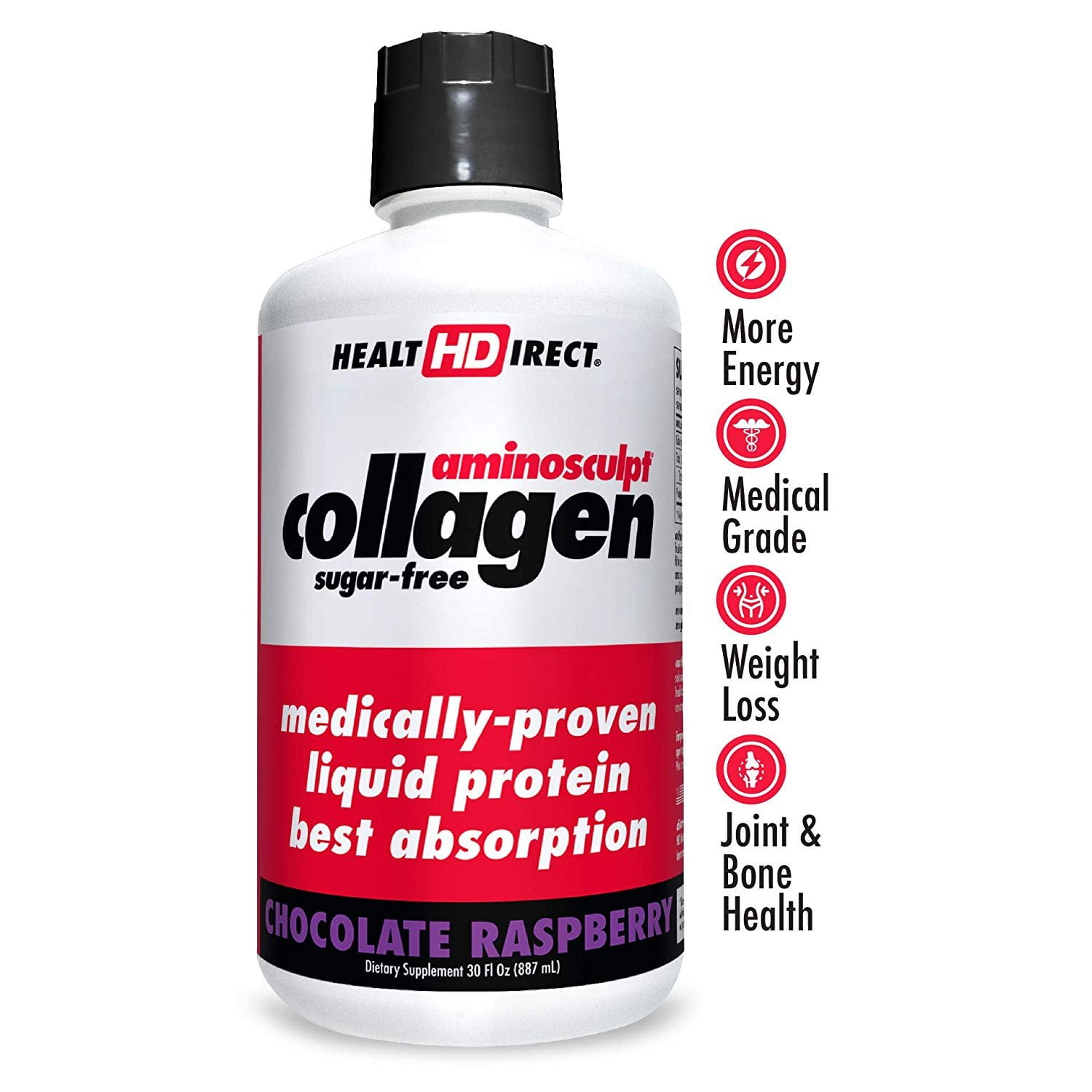

"The rate will depend on various lifestyle factors, such as diet, sun exposure, sleep and stress levels plus genetics and hormones," Daisy Whitbread, a nutritionist, explains. "This can lead to sagging, thinning and wrinkles," he confirms.Ĭollagen depletion, however, does not happen at the same rate for everyone. "Our natural collagen production slows down from our early 20s by 1–1.5 per cent every year and by age 50, most individuals will have lost about 50 per cent of the collagen in their skin," reveals the plastic surgeon Dr Paul Banwell. Our collagen levels deplete as we age, and especially for women once entering the menopause, which leads to the natural wrinkling and lack of firmness seen in mature skin. Do we need to supplement our natural collagen levels?
#Best liquid collagen for joints skin#
"It plays a major role in the structure of the skin, providing its elasticity, hydration, and strength." As it’s what keeps our skin from sagging, in turn it dictates how smooth and plump it looks.

" Collagen is a multi-functioning protein in the human body and the building block of the skin," explains consultant dermatologist Dr Alia Ahmed. Here, experts answer the questions that have sprung up around collagen supplements and discuss whether you'd benefit from incorporating them into your skincare regime. In the search for effective ways to help boost vitality, the suggestion of simply sipping a drink, chewing a gummy or popping a powder into your smoothie sounds tempting, but can ingestible collagen really boost your beauty from the inside-out? Collagen supplements are one of the more controversial tools within the beauty and wellness worlds.


 0 kommentar(er)
0 kommentar(er)
